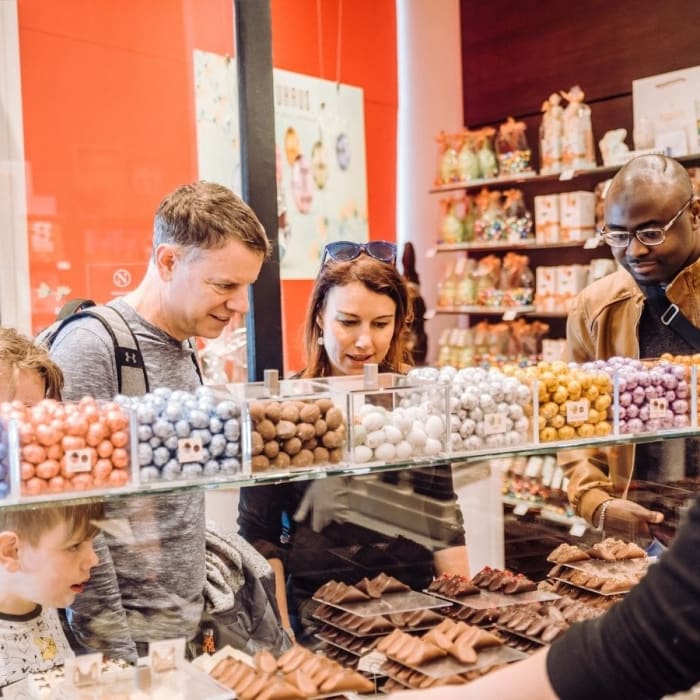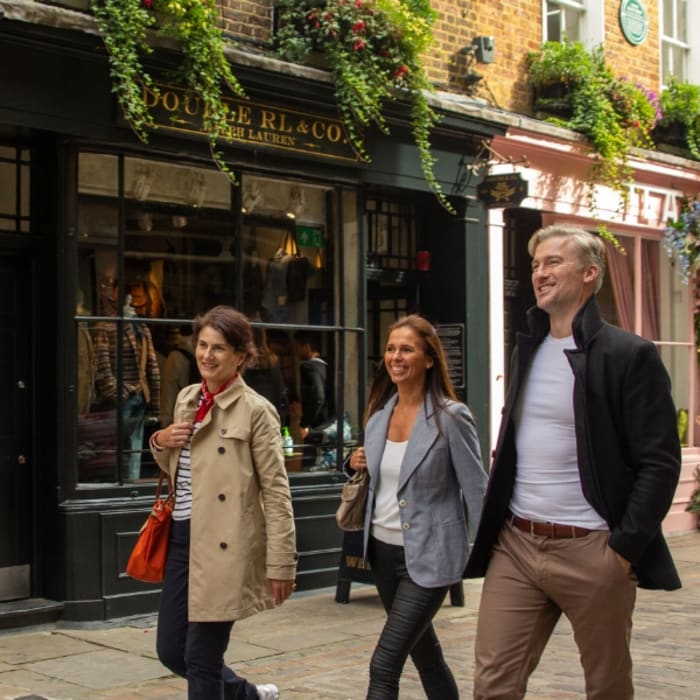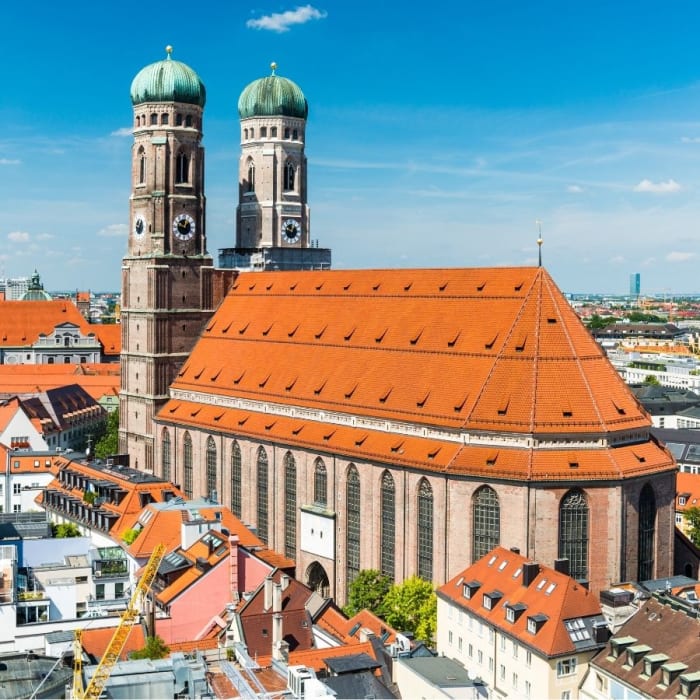Essential city info, articles & travel tips from our local hosts around the world
Looking for the travel inspiration you won’t find in your guidebook? Exploring a city’s top
attractions is great, but it’s the insider info only a local could share that gives you a real
feel for a new destination. This travel magazine, put together by our travel guides across the
globe, is a one-stop shop for unique travel tips, special hacks, and information about the world’s
most amazing locations.
Often the best things to do in a new city won’t appear in any top 10
travel articles – our passionate hosts are intimately familiar with the lesser-known landmarks
and secret spots in their cities. Welcome to the best travel blog you’ll ever read.
Planning your next trip is about to be a breeze!









